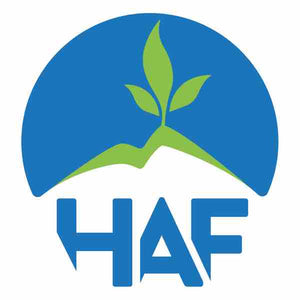
High Atlas Foundation: Empowering Women and Youth for Democratic Participation
Advancing participatory democracy, decision-making, and solutions to sustainable development through women’s and youth empowerment.
The Problem
Morocco's women have traditionally been marginalized from political, economic, and social realms. The reality for women is such that legal rights are of little relevance to their lives. Further, the gender gap in economic participation is grave. Because women have been marginalized, they largely lack the education, technical skills, social mobility, and self-confidence to voice their needs, become independent, and create opportunities for themselves. Rural women have indicated through the High Atlas Foundation’s (HAF) empowerment workshops that these disparities are especially driven by illiteracy, inaccessible resources and information, and local traditions prevailing national law. For example, one woman reported, "Today more boys attend higher education in cities, this changes their behavior. When they return, in many cases, they treat women differently, because they become more aware of their rights. However, we remain uneducated, and that is why we do not even know which rights we deserve to demand.” In the case of Moudawana--the Moroccan law securing women’s rights--the 2010 Status of Women in the Middle East and North Africa Survey found that 30% of men surveyed somewhat or strongly oppose Moudawana, and 52% of men surveyed believe that Moudawana gave women too many rights.
Also importantly, Moroccan youth suffer from a lack of opportunities regarding education, jobs, and conditions to contribute their energies to further their rights and be active citizenry. In light of the Arab Spring there is a sense of urgency to promote development that both directly engages and benefits the majority of the population.
The Solution
HAF aims to engage locally elected officials and citizens--especially women and youth--through participatory democratic planning that leads to implementation of development projects. HAF aims to create development opportunities for women, youth, and their communities through empowerment “Imagine” workshops that integrate self-discovery, rights-based, and cooperative-building approaches. Activities include community-based participatory meetings, Imagine self-discovery workshops, and cooperative-building. HAF will utilize three methods to ensure success. First, the participatory approach emphasizes community-driven development that focuses on the self-identified needs of local people in order to design projects directly involving and benefiting them. Second, agency-based empowerment that builds self-esteem, and motivation for recognition of individual rights and socioeconomic growth. Lastly, supporting social and financial independence by establishing women and youth cooperatives and encouraging sustainability, which strengthens personal independence and economic endeavors.
This proposed project’s objectives are to: 1) increase women’s and youth self-confidence and awareness of their personal and developmental rights; 2) collect data for identifying barriers to--and subsequently increase--economic, social, and political engagement, especially by establishing cooperatives and advocacy of shared interests; and 3) foster communities’ capacity-building skills to prioritize and implement sustainable projects. The expected outcomes are:
- Women and youth participants will have knowledge of topics embodied in the empowerment methodology, with the confidence and ability to elevate their socioeconomic status;
- Women and youth identify the barriers they feel are preventing them from being economically and socially active, and establish their cooperatives; and
- Implement self-prioritized growth initiatives. The long-term outcome will be poverty reduction through empowered actions.
Planned Use Of Funds
Funding will be allocated across the project’s three main activities:
- Imagine empowerment workshops where participants discover how their life experiences may be shaped by broader patriarchal economic, political, and international forces in addition to building knowledge as to sustainable and productive improvement;
- Community meetings based on the participatory democratic approach whereby the women and youth analyze developmental history and conditions and identify new projects that directly meet their self-described priority needs; and
- Strengthen capacities in order to create and manage cooperatives that include in their economic growth activities those initiatives that members have defined and seek to jointly pursue.
Primary activity-related costs include supplies to conduct the meetings and workshops, travel costs, and accommodations for women and youth in remote areas to have the opportunity to participate as well as for workshop facilitators to physically be available for not only the workshops themselves but also for the follow-up that occurs at regular intervals. As part of this program, HAF and local participants will develop project proposals in order to build the needed partnerships including financial to achieve the implementation of their community development initiatives.
Stage of Development
- Early Stage
- Established Prototype
- Scaling
- Other
Organization to Receive Funds
High Atlas Foundation, in 18 years of operation, has worked in 23 provinces in Morocco. Since 2011, HAF has special consultative status with the United Nations Economic and Social Council. HAF was created by former volunteers of the U.S. Peace Corps to benefit Morocco through the expertise, relationships, and knowledge acquired during their years of service. HAF is headed by its Board of Directors and operational team of both Moroccans and Americans, and has a distinguished Advisory Board. HAF has built trust with the government and local people in a transparent and thorough manner, responding to the self-described needs of...




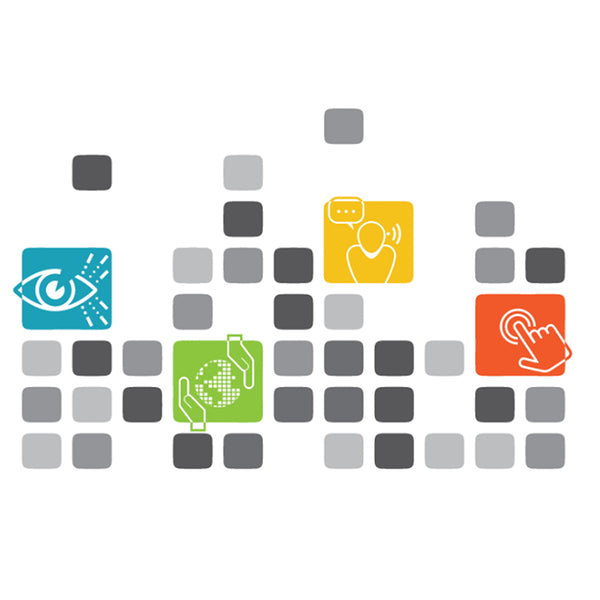
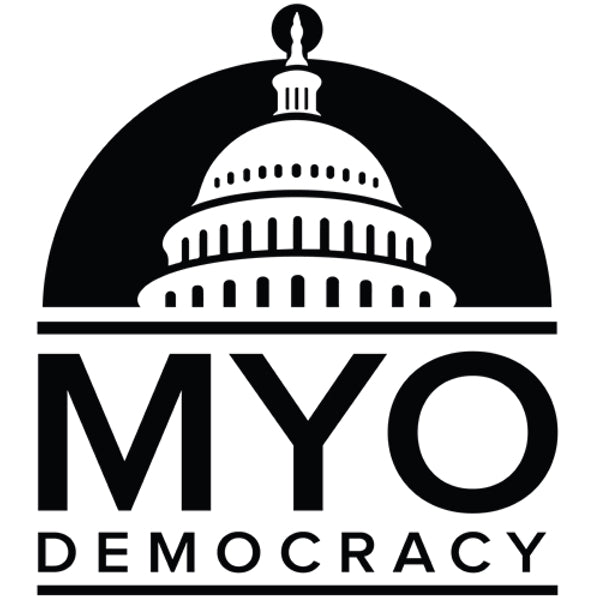
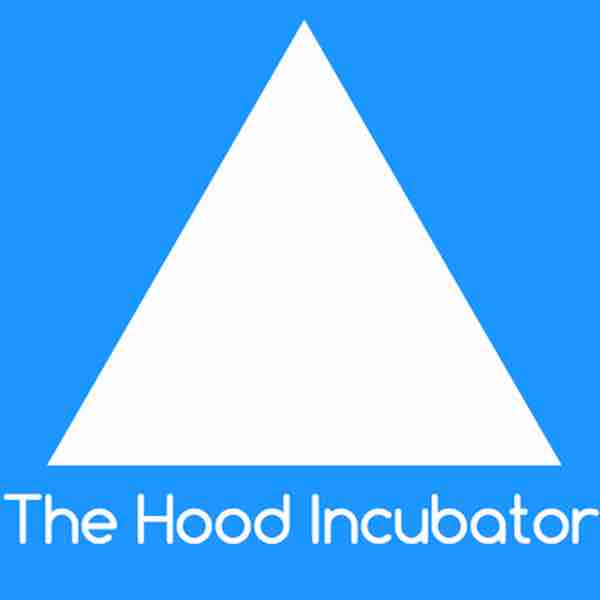
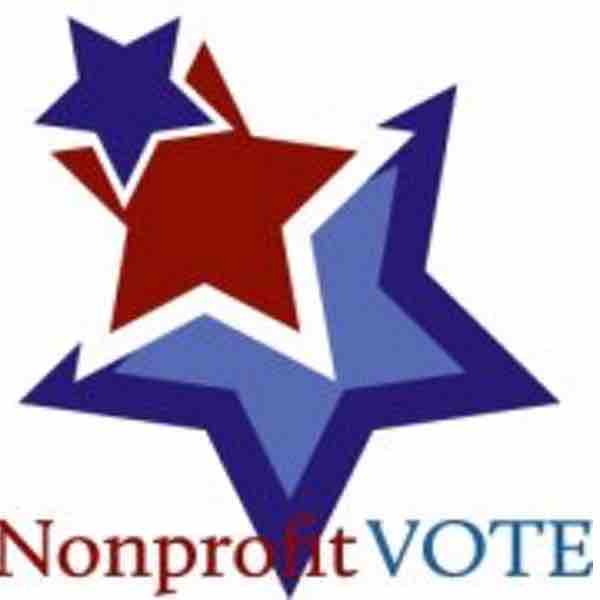
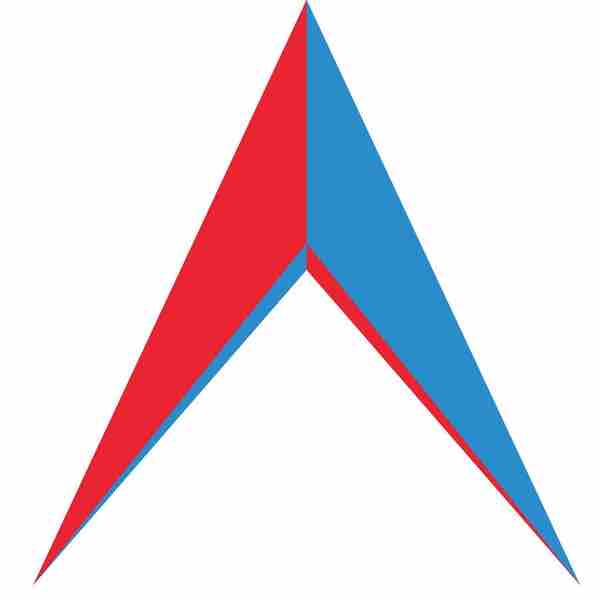


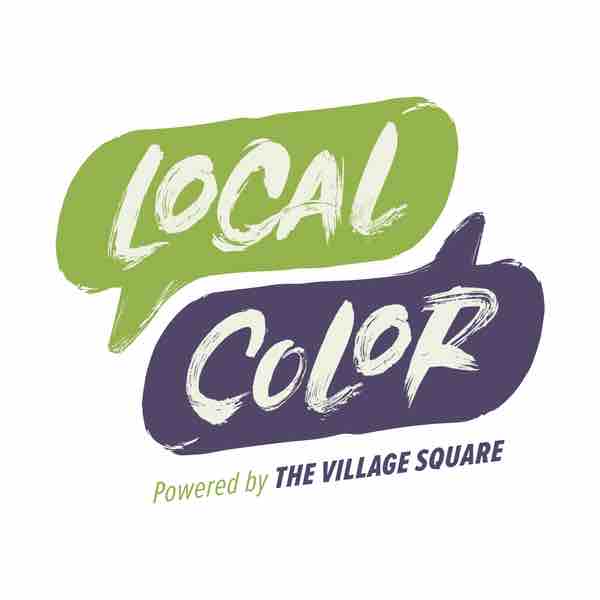
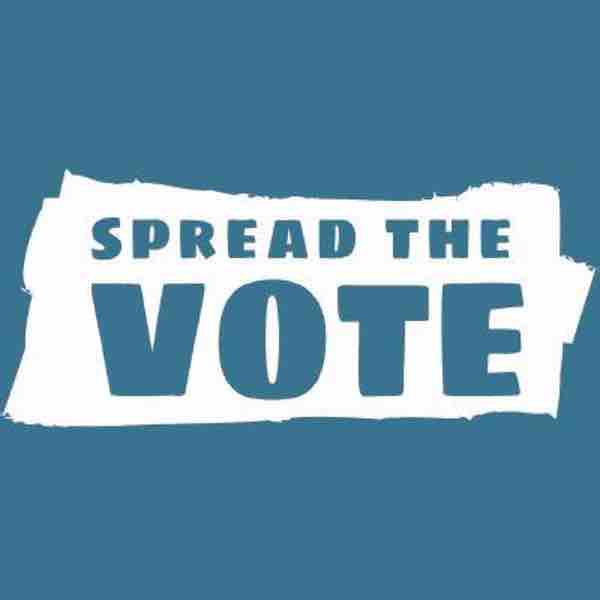
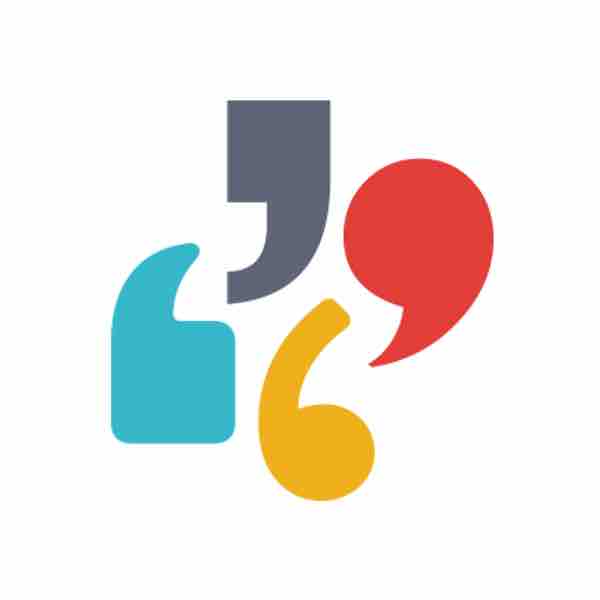
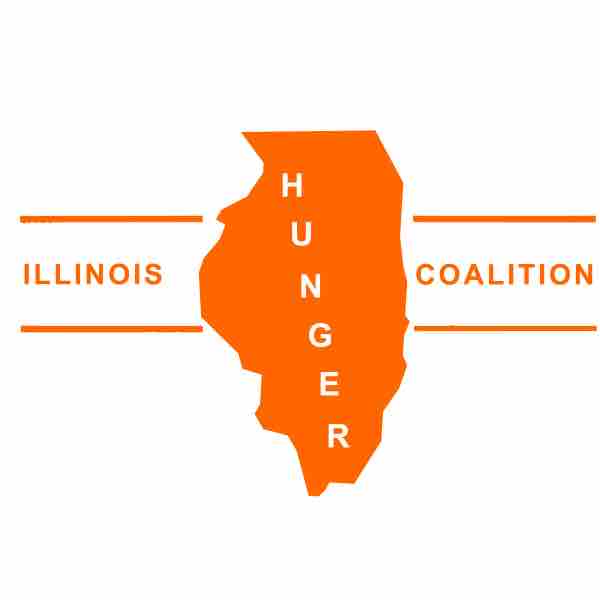
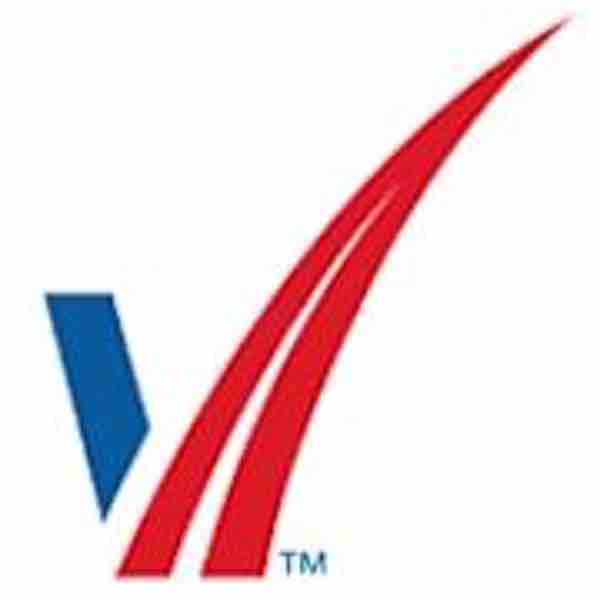
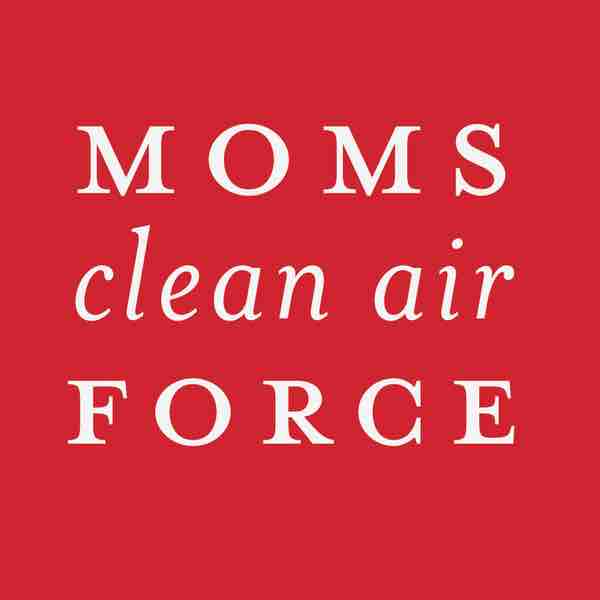
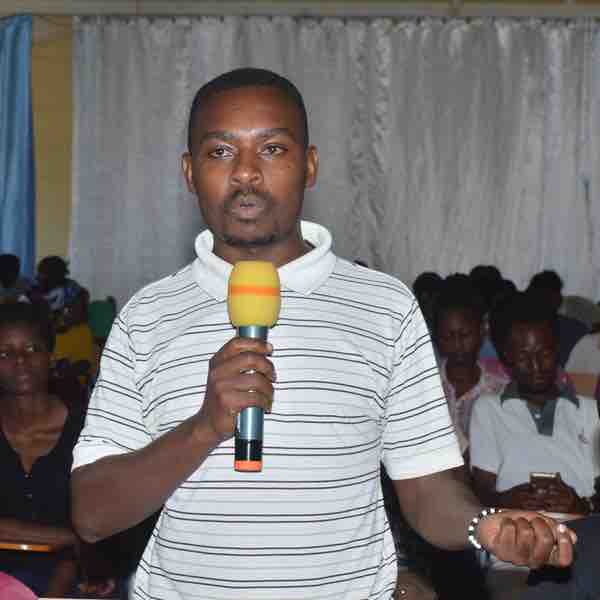
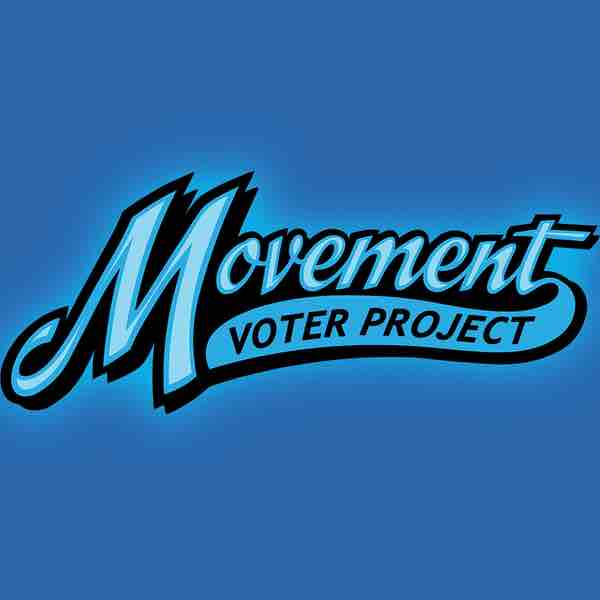
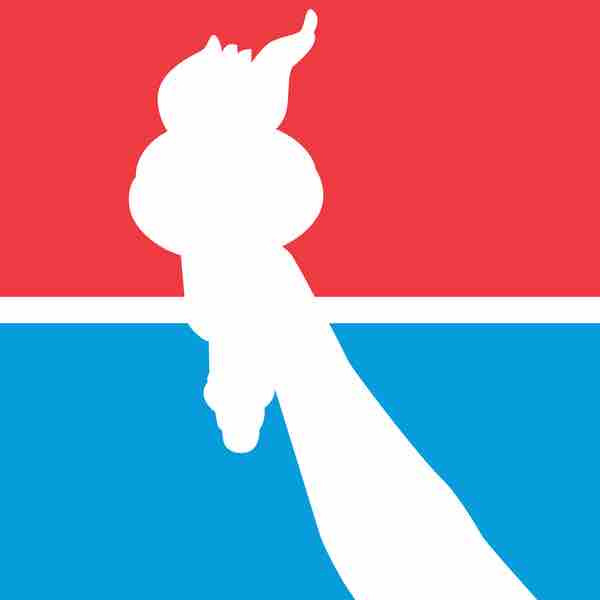
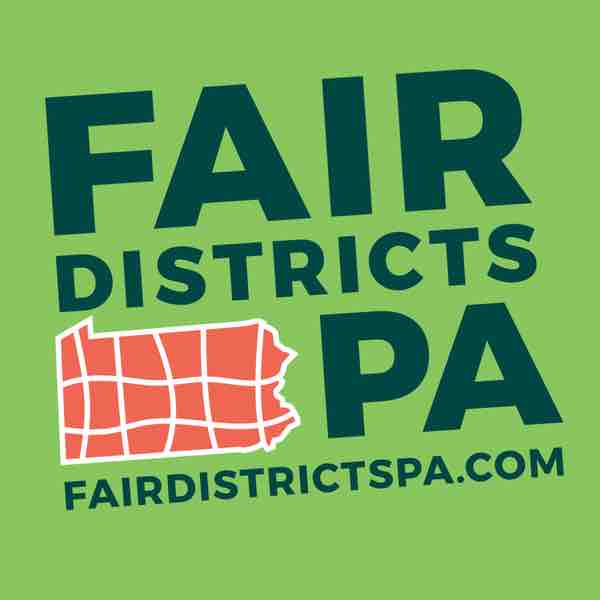
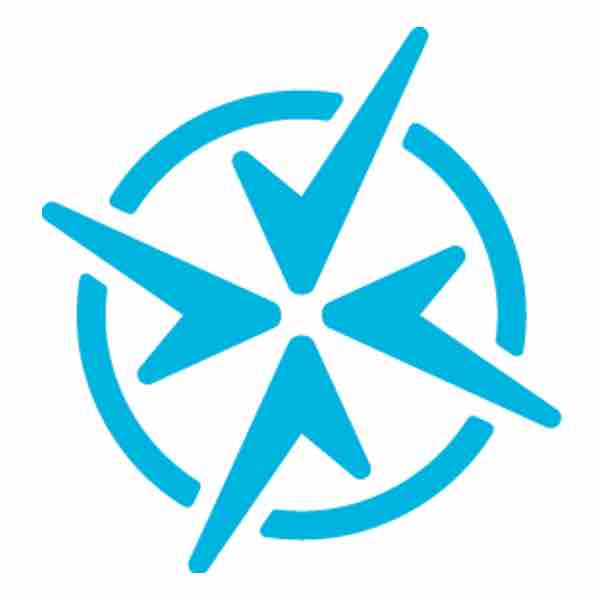
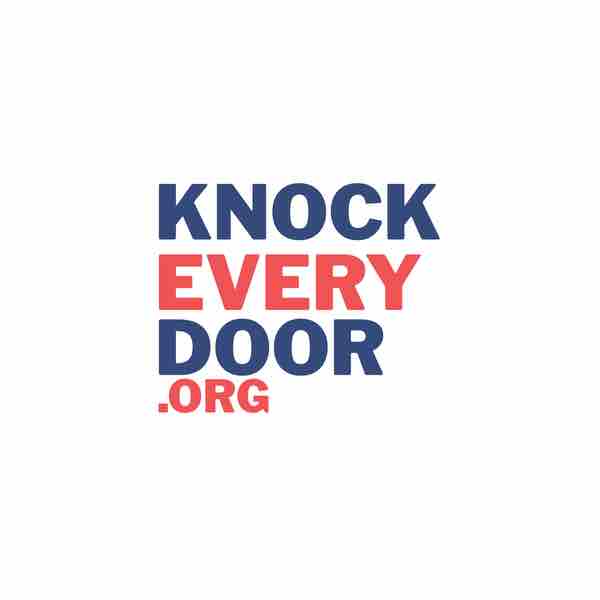
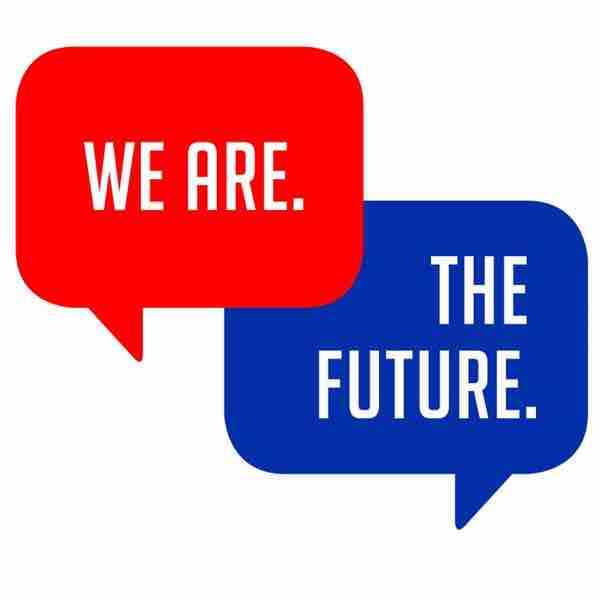
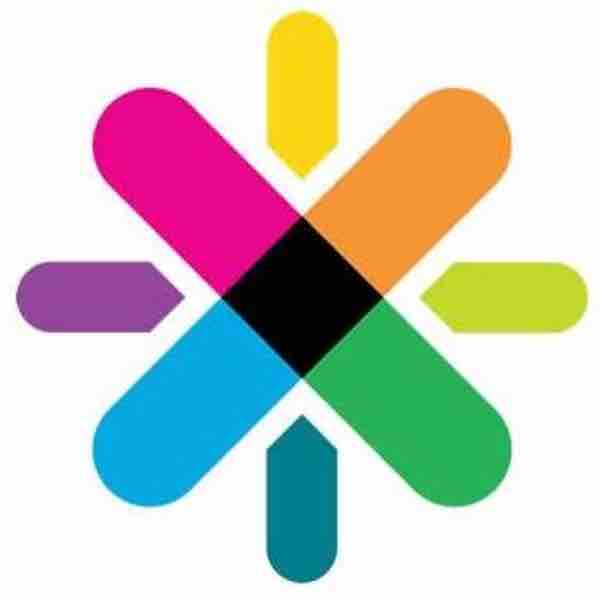
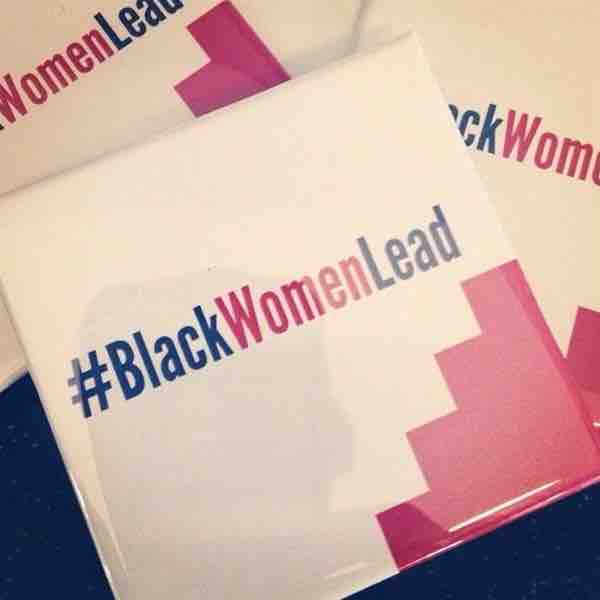
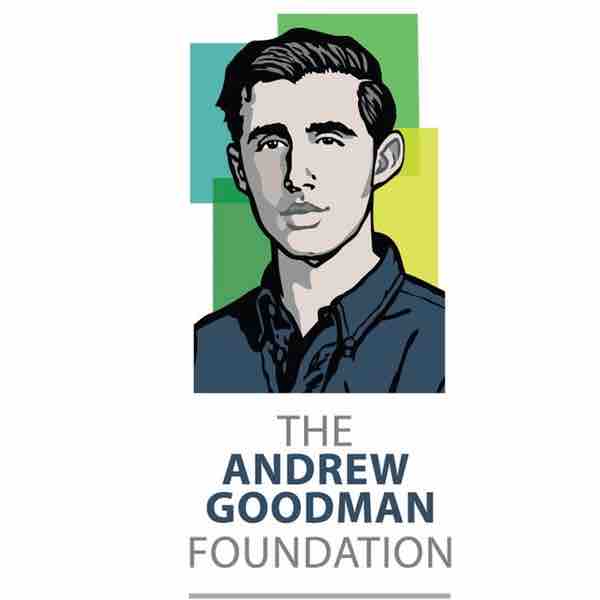
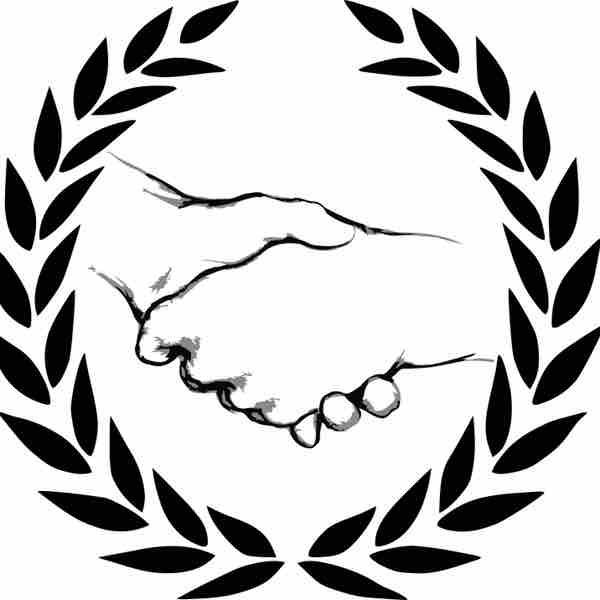
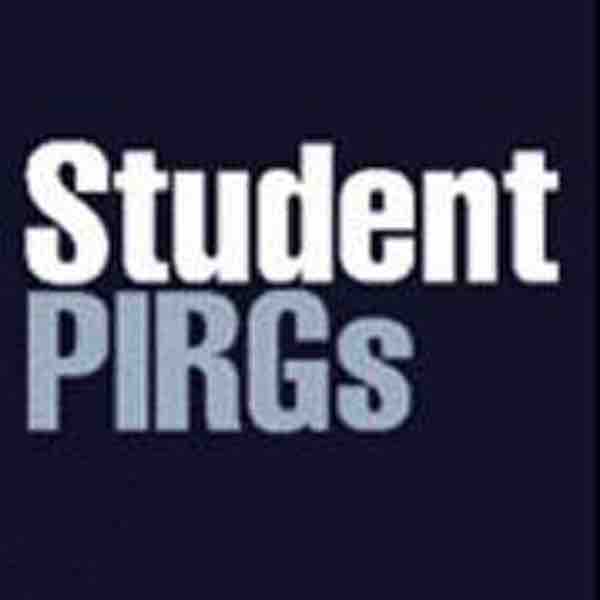
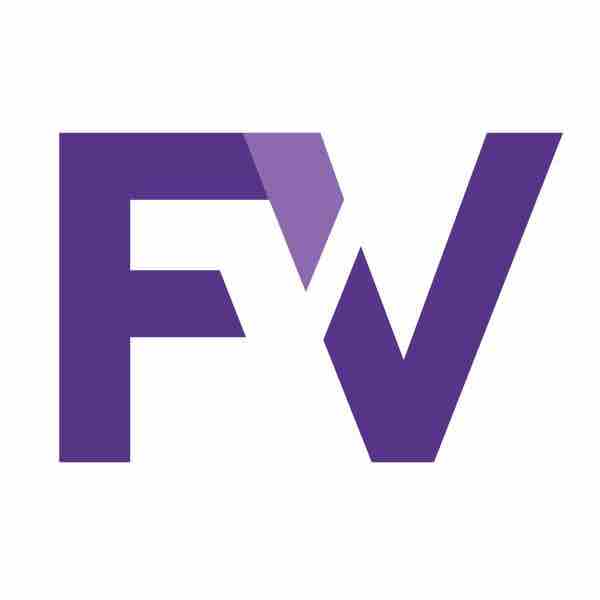
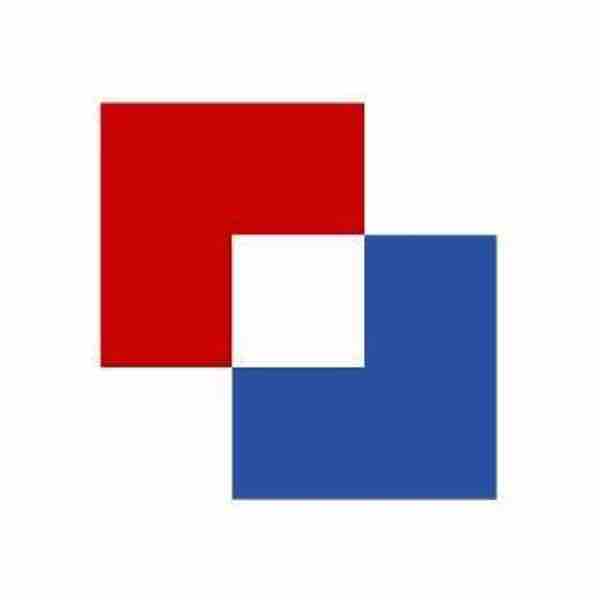
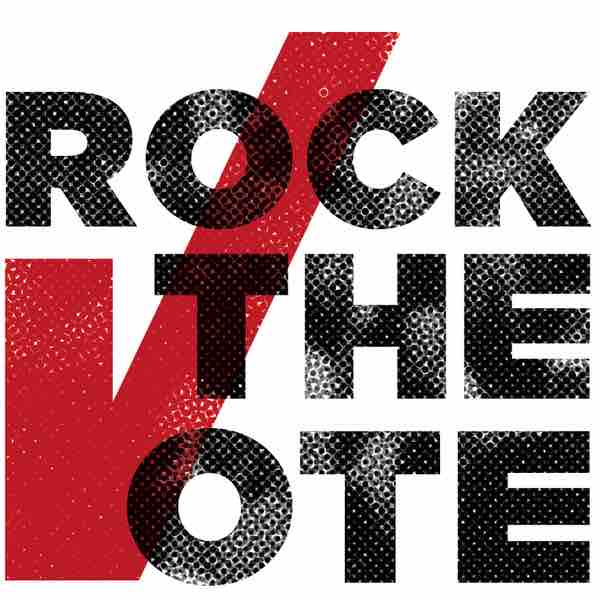
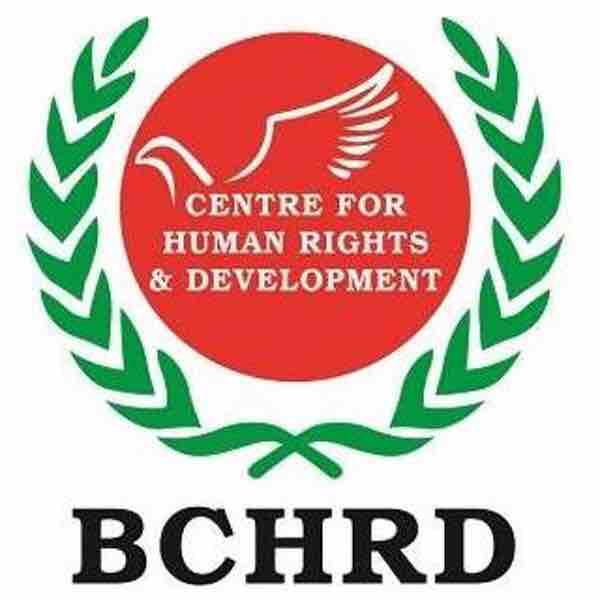
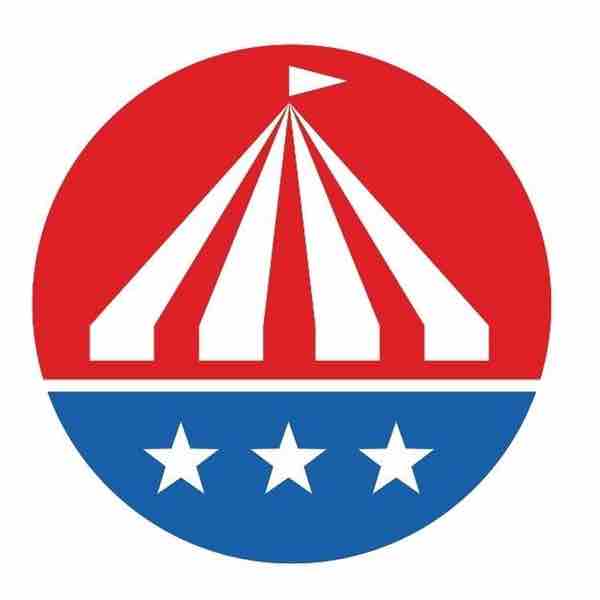
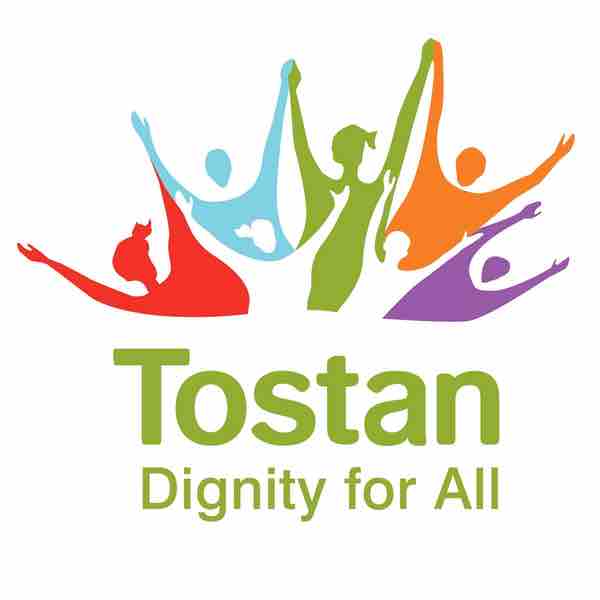
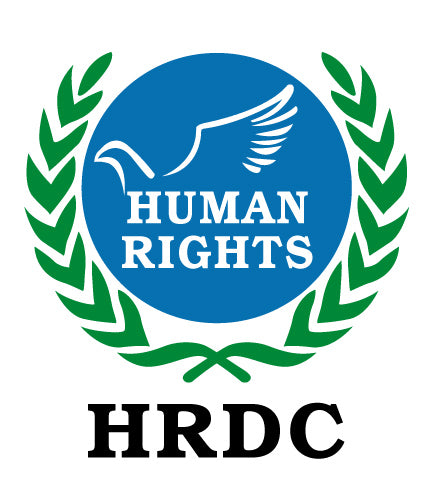
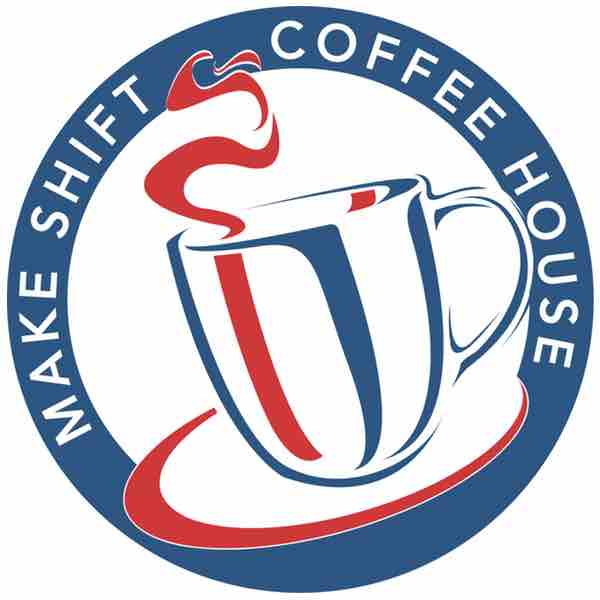
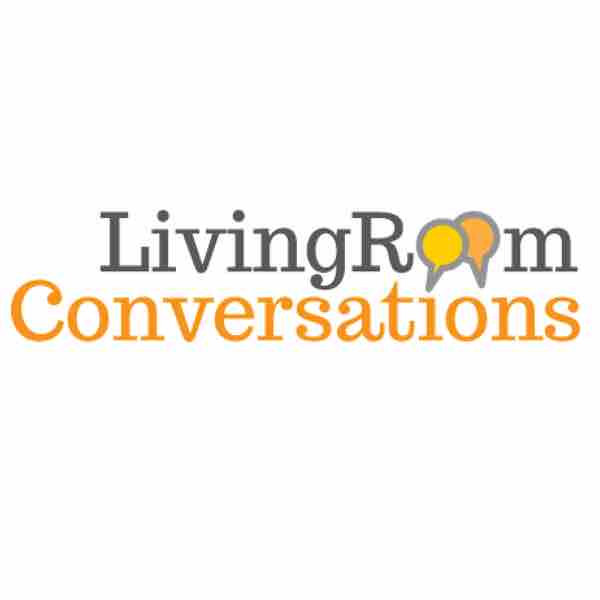
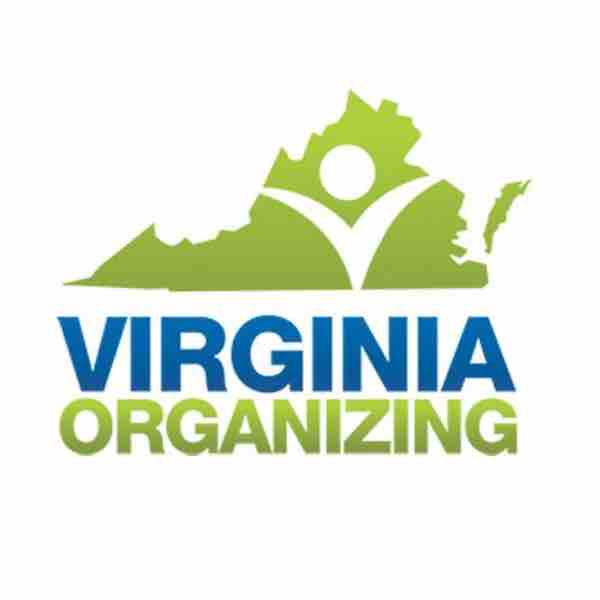
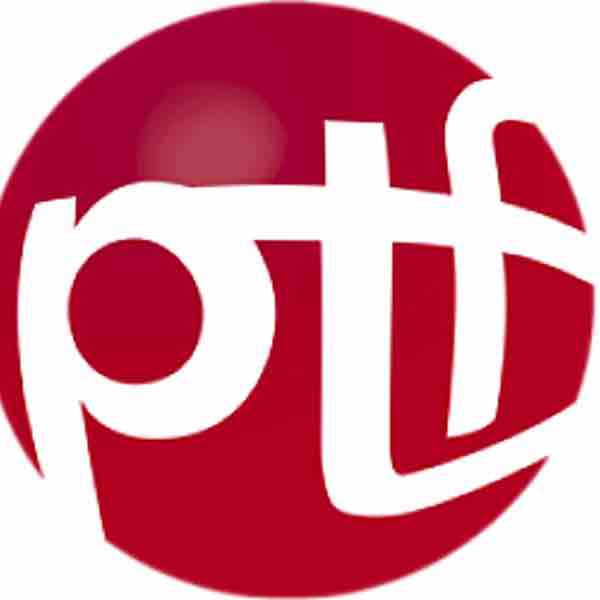
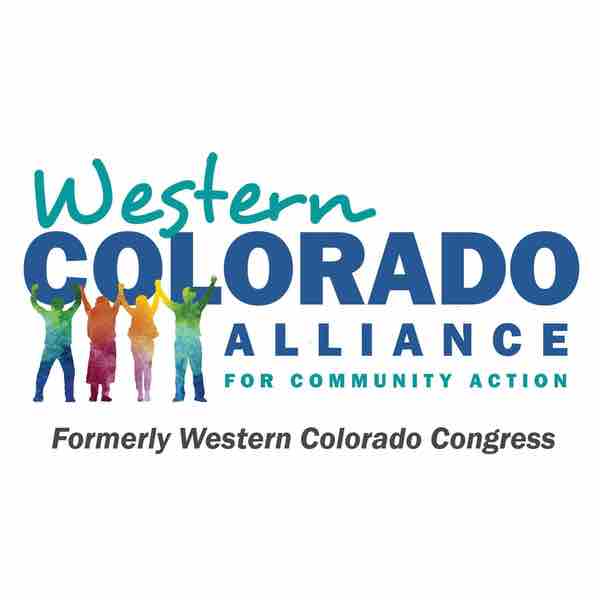
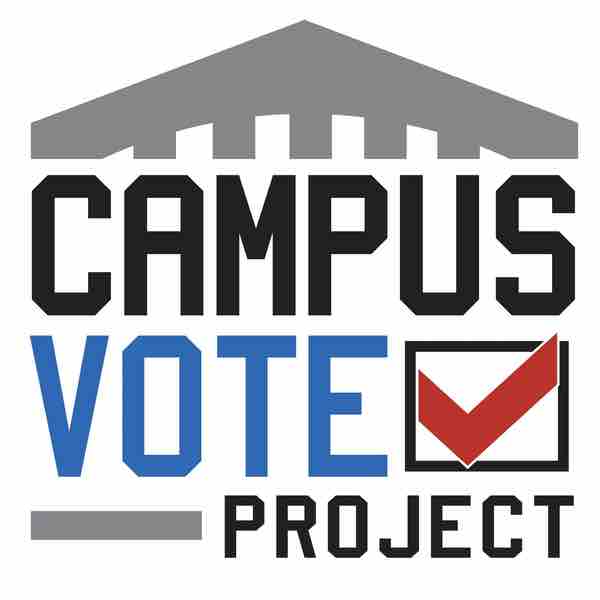
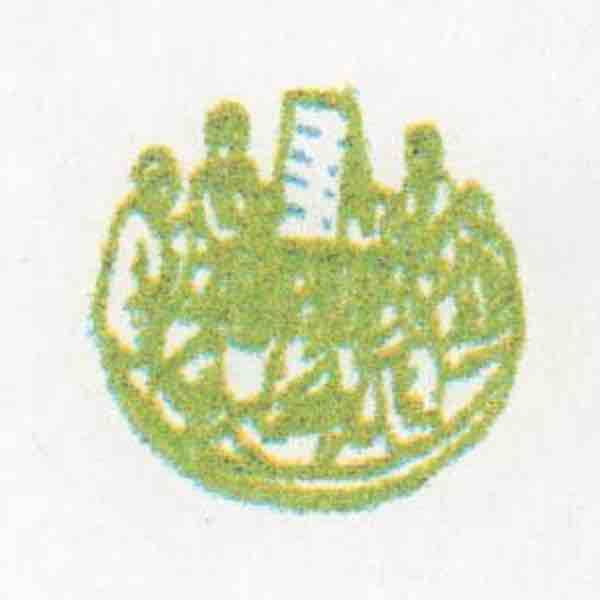
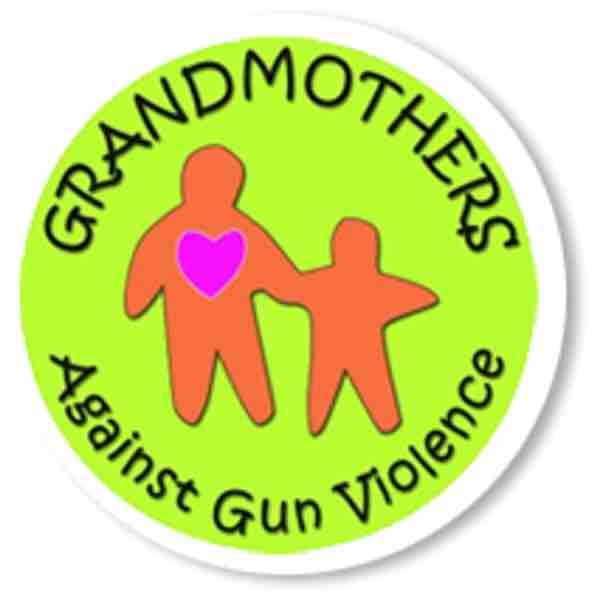

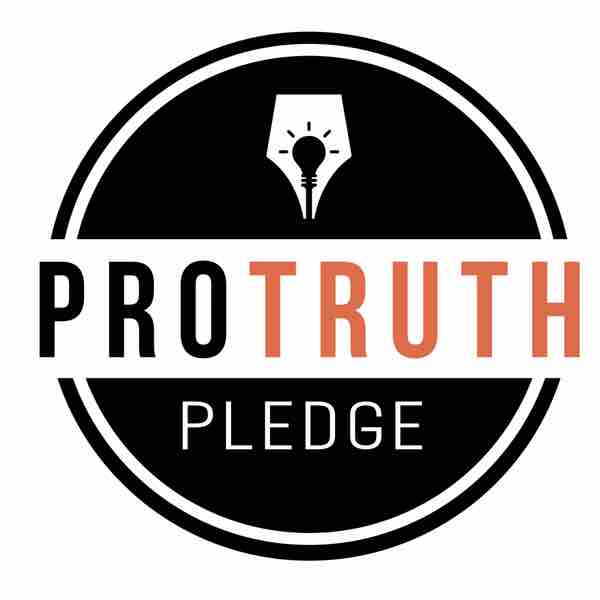
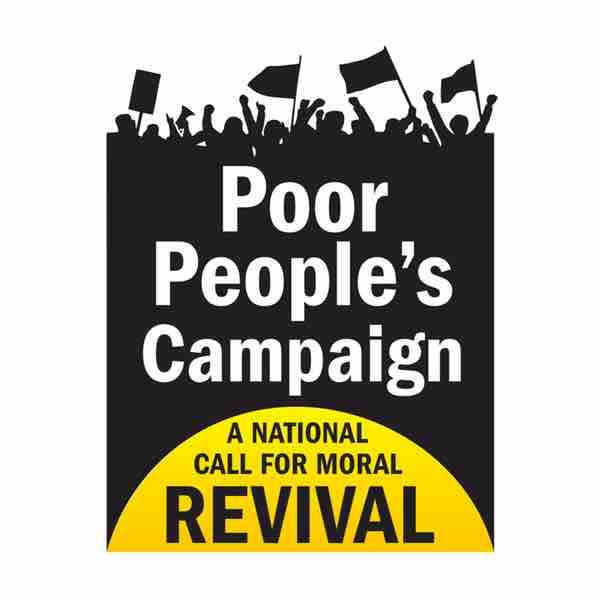
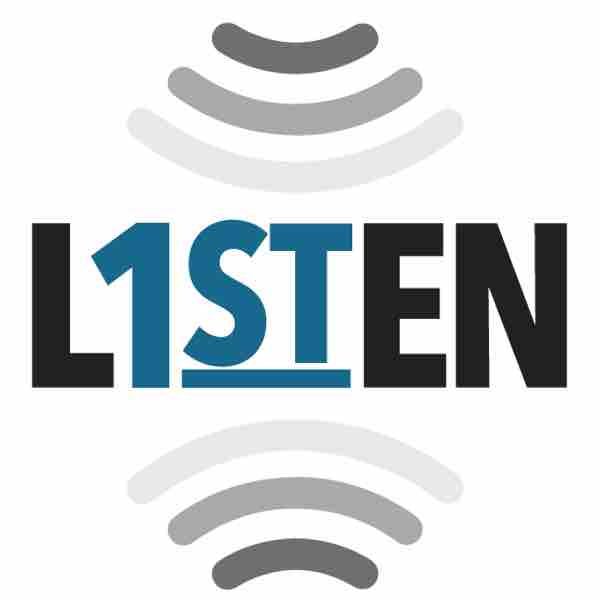
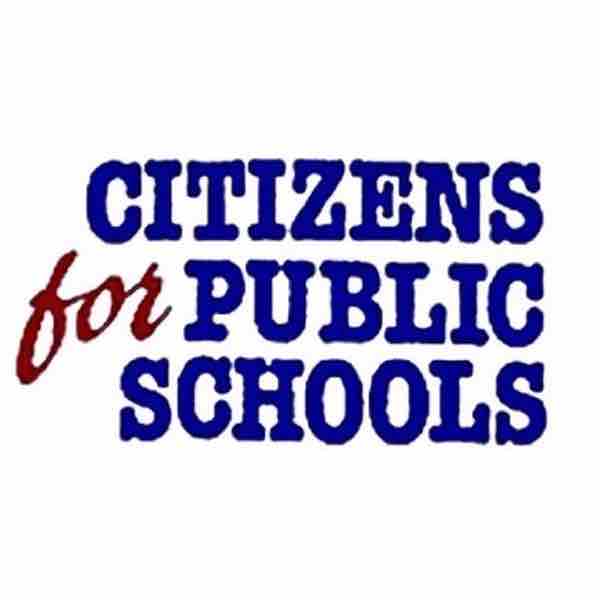
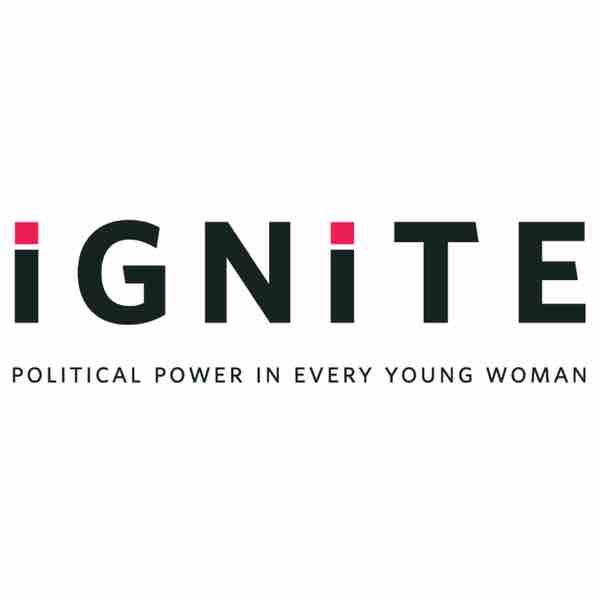
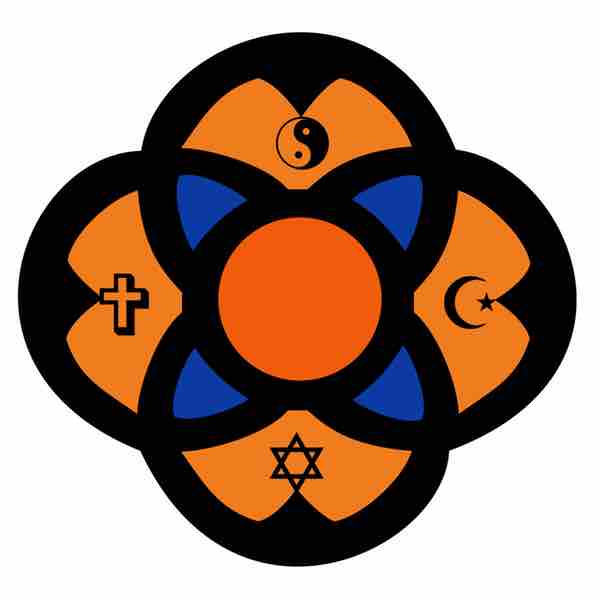
Join The Discussion